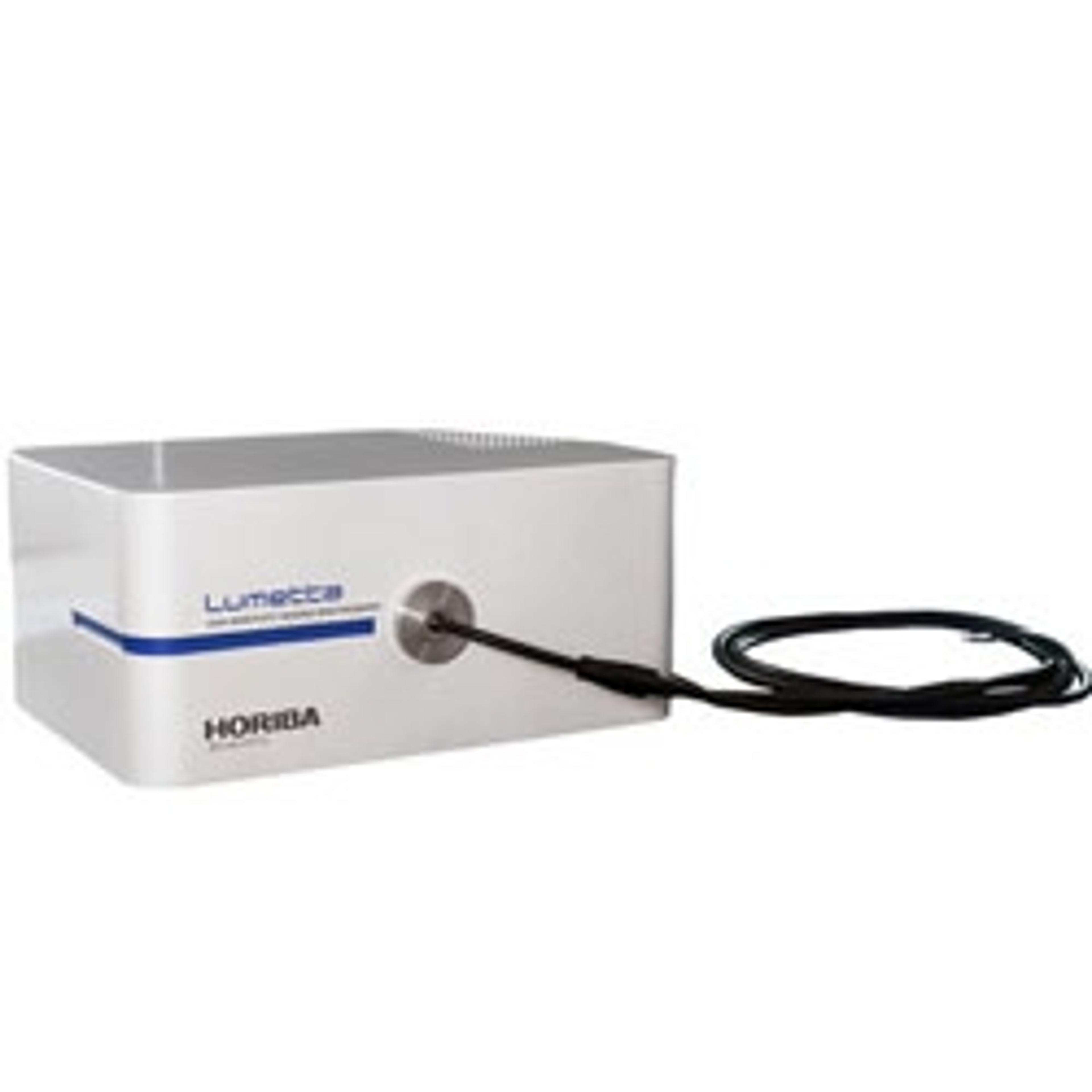Sleekly-designed, high-sensitivity spectrograph to complement your lab's needs
1 Aug 2019HORIBA Scientific, a global leader in fluorescence instrumentation and other spectroscopy solutions, has announced a new look for its recently introduced Lumetta fixed grating spectrograph. This revolutionary, high-sensitivity, fixed-grating spectrograph aims to deliver affordability and superior performance in one compact instrument.
Lumetta’s new design houses an F/2 spectrograph with a large area sensor, enabling optimal light gathering, and boasts a high optical throughput in the compact spectrograph class. It is designed to optimally gather light from most fibers and high angle scattering phenomena. As an imaging spectrograph, it also enables advanced techniques such as multitrack spectroscopy and fast hyperspectral imaging. With multitrack spectroscopy, multiple independent spectroscopy channels can be measured with Lumetta, either vastly improving sample measurement throughput for similar measurements on different samples, or simultaneous measurement of different but complementary spectra such as photoluminescence and absorbance from the same sample.
With its scientific grade I CCD deep cooled to -50oC, together with extremely low noise 16-bit electronics, Lumetta offers a high sensitivity in its class for low light applications. At 1200:1, the Signal-to-Noise of the Lumetta is well above its peers and its deep cooling allows signal integration for hours – a feature that is not readily available on other instruments in the compact class.
Lumetta also offers a flexible signal input interface, accommodating free-space as well as FC, SMA and ferrule fiber interfaces. Spectral resolution can be controlled from a selection of interchangeable slits. Other highlights include a low stray light for its class (<0.1%), a small CCD non linearity for computational accuracy (<0.4%), and top of the range speed – up to 278 spectra/second.
For more science news, straight to your inbox, join SelectScience today >>

